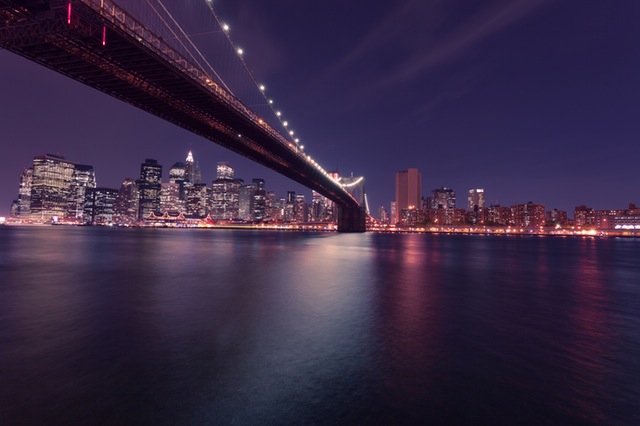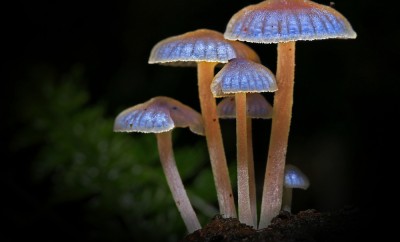Environment
Nighttime lighting has a dark side

Can you see our galaxy, the Milky Way, when you gaze up into the sky at night? Chances are you can’t, according to a newly released study in Science Advances called The New World Atlas of Artificial Night Sky Brightness. This project states that four out of five Americans are not able to see it due to light pollution—a number closely followed by the statistic of one in three individuals worldwide. Most likely if you live anywhere near a major city, your star visibility is extremely low compared to more remote regions of the earth—especially very highly populated areas which usually can barely see any stars at all.
But why should we care?
Although the perks of nighttime lighting are plentiful, there are unseen drawbacks as well. Problems can arise within the biological rhythms of nocturnal species, migrating birds as well as nesting and newly hatched sea turtles which use the moon and stars for navigation, and fireflies which communicate by signaling to one another with flashes of nocturnal light, for a few examples, ultimately leading to entire ecosystems becoming distressed.
Human health can also be impacted in various ways, according to Harvard Medical School publications, the World Health Organization and the American Medical Association, which have warned of prolonged exposure causing disruption of the circadian rhythms necessary for natural sleep cycles and subsequent hormone fluctuations, further resulting in highly probable links to cancer, diabetes, heart disease and obesity. Additionally, unnecessary energy waste frequently occurs at night due to nighttime lighting, on top of already problematic amounts of daytime waste.
So what can be done?
With the human population increasing, it’s quite likely those areas unaffected by light pollution will decrease substantially over time, exacerbated further by widespread LED use outdoors, as well as any immediately occurring cloud cover enhancement. Some scientists, like urban ecologist Travis Longcore, recommend using warmer-colored LED lights which will minimize harmful blue light scatter. Another, more obvious remedy, involves exactly what you’d think. There’s a lot to be admired in the night sky—don’t miss out while you still have the chance to see it! Keep the lights off at night as much as possible, and whenever you get the chance, go outside and look up.




0 comments